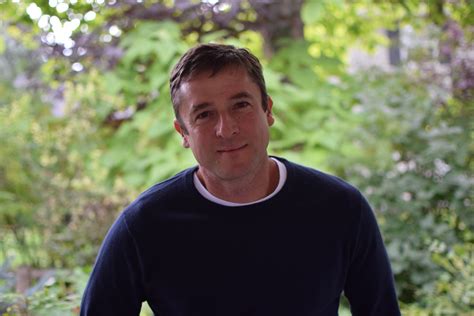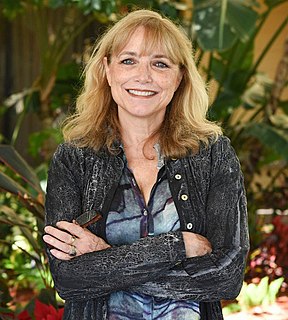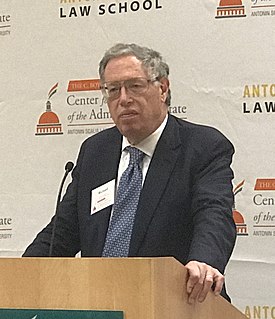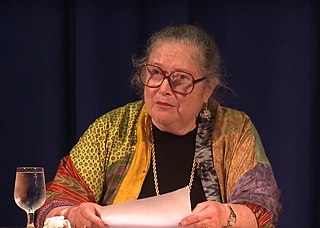A Quote by Diana L. Eck
Places where one can experience some of that separation from the world of the familiar, to defamiliarize ourselves with what we take for granted and enter into the ebb and flow of another culture, it certainly is one of the more valuable things that we do as human beings.
Related Quotes
I was keen to dispel a familiar misunderstanding: that existentialists somehow relish the alienation of human beings from the world. This may have been Camus's attitude, but it was certainly not that of Heidegger, Sartre and Merleau-Ponty, each of whom tried to show that we can only experience the world in relation to our own projects and purposes. The world is initially one of 'equipment', said Heidegger: it is a world of 'tasks', said Sartre.
A poem is like a person. The more you know someone, the more you realize there is always something more to know and understand. A final understanding could probably only begin upon permanent separation, or death. This is why we come back to certain poems, as we do to places or people, to experience and re-experience, to see ourselves for who we truly are, and to continue to be changed.
Well I know Gyuri [the familiar diminutive of Georg or György], that human beings are unapproachable, that their souls are as far from each other as stars; only the remote radiance reaches to the other. I know that human beings are surrounded by dark, great seas, and thus they look across to one another, yearning but never reaching one another
The historian of science may be tempted to claim that when paradigms change, the world itself changes with them. Led by a new paradigm, scientists adopt new instruments and look in new places. even more important, during revolutions, scientists see new and different things when looking with familiar instruments in places they have looked before. It is rather as if the professional community had been suddenly transported to another planet where familiar objects are seen in a different light and are joined by unfamiliar ones as well.
Some places, because of their spiritual history, are noted to be locations where people will often experience an open heaven. In fact, there are places where the heavens are open more than in other places. Most of you are familiar with previous moves of God in places such as Toronto (The Toronto Blessing), the meetings in Pensacola, and Argentina, just to name a few. Just like in Jacob's day, today, there are certain places where heaven is open, geographical locations where you are more likely to have an encounter with God.
As actors, the magic is in the almost spiritual experience to really enter another world, to really enter a belief of being in another person's shoes and to really take on their experiences as someone else has written them and imagined them. It's kind of a sacred thing. It's a very spiritual experience. That in itself for me is the main thing that keeps me coming back to it. I like to travel, but for me, this is the greatest travel.
History leaves no doubt that among of the most regrettable crimes committed by human beings have been committed by those human beings who thought of themselves as civilized. What, we must ask, does our civilization possess that is worth defending? One thing worth defending, I suggest, is the imperative to imagine the lives of beings who are not ourselves and are not like ourselves: animals, plants, gods, spirits, people of other countries, other races, people of the other sex, places and enemies.
The truth of who we are has nothing to do with religion or the type of car that we drive or the color of our skin. We are spiritual beings having a human experience. And the human experience part is very temporary. So, things like the bar, love, magic, dancing, and colors are there to remind us to not take all of this stuff so seriously.




































